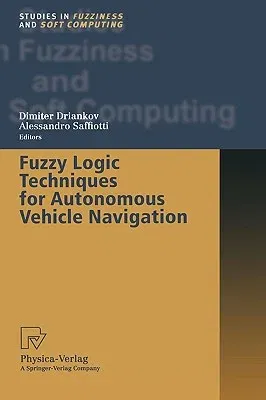In the past decade a critical mass of work that uses fuzzy logic for
autonomous vehicle navigation has been reported. Unfortunately, reports
of this work are scattered among conference, workshop, and journal
publications that belong to different research communities (fuzzy logic,
robotics, artificial intelligence, intelligent control) and it is
therefore not easily accessible either to the new- comer or to the
specialist. As a result, researchers in this area may end up reinventing
things while being unaware of important existing work. We believe that
research and applications based on fuzzy logic in the field of
autonomous vehicle navigation have now reached a sufficient level of
maturity, and that it should be suitably reported to the largest
possible group of interested practitioners, researches, and students. On
these grounds, we have endeavored to collect some of the most
representative pieces of work in one volume to be used as a reference.
Our aim was to provide a volume which is more than "yet another random
collection of papers," and gives the reader some added value with
respect to the individual papers. In order to achieve this goal we have
aimed at: - Selecting contributions which are representative of a wide
range of prob- lems and solutions and which have been validated on real
robots; and - Setting the individual contributions in a clear framework,
that identifies the main problems of autonomous robotics for which
solutions based on fuzzy logic have been proposed.

